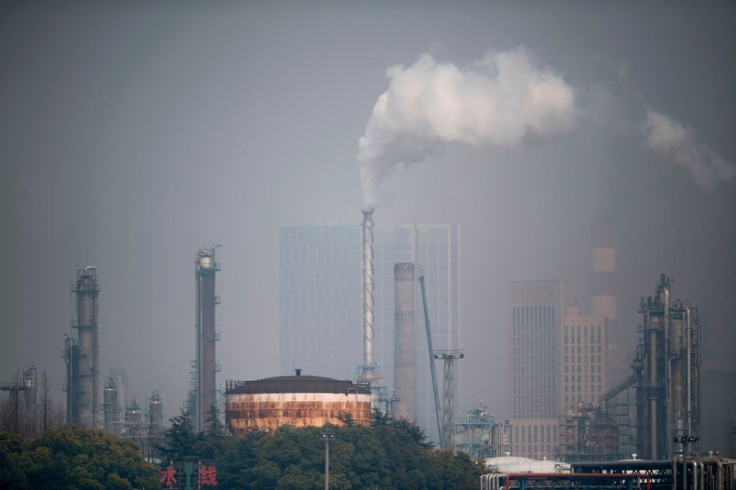Chronic Kidney Disease: Toxic Air-Polluting Particles Can Cause Condition, Affect Organ’s Function

Chronic kidney disease (CKD), a condition marked by the decline of kidney function over a period of months or years, affects millions of people around the globe. The problem occurs mostly in patients suffering from diabetes, high blood pressure or heart-diseases, but if a new study is anything to go by, air pollution is also a factor contributing toward an increased risk of suffering from the disease.
Often people associate air pollution with common breathing related issues or more life-threatening conditions like asthma and organ inflammation. However, in the latest work, researchers from the University of Michigan highlighted CKD as the lesser-known but equally dangerous impact of poor air quality. It damages the kidneys, affects blood filtration, and could lead to severe circulatory system issues, sometimes even death.
"Similar to smoking, air pollution contains harmful toxins that can directly affect the kidneys," Jennifer Bragg-Gresham, the lead author of the work, said in a statement. "Kidneys have a large volume of blood flowing through them, and if anything harms the circulatory system, the kidneys will be the first to sense those effects.
The harmful air toxins the researchers are referring to are called fine particulate matter or PM 2.5. These pollutants are very small, nearly weightless particles – going down to the microscopic level – that stay in the air longer and cannot be avoided easily from being inhaled. If present in high amounts, these tiny particles can make the air hazy and raise serious health concerns, including an increased risk of CKD.
The researchers came to this theory after analyzing Medicare claims and air quality data in the United States and noted a major link between increased levels of PM2.5 as well as the reported CKD cases.
"If you look at areas that are heavily polluted versus areas that are less polluted, you will find more chronic kidney disease [in the latter]," Rajiv Saran, the co-author of the work, added in the same statement.
CKD affects hundreds of millions of people around the globe, including nearly 30 million annual cases in America itself. The disease is believed to increase the risk of cardiovascular mortality by as much as eight times. In fact, in the year 2015, it was the 12th most common cause of death, accounting for more than a million deaths in different parts of the world, according to the National Institute of Health.
While it is impossible to evade PM2.5 completely, the team did note some signs indicating the effect of these particles is most critical in industrialized regions. Essentially, as part of the same work, they found a study concluding that men and women working in coal-mining fields were 19 and 13 percent more risk of suffering from CKD than those who didn’t work in those regions.
“What this means for the countries with higher PM2.5 is significantly higher odds of CKD," study Bragg-Gresham concluded. "Our research was only able to examine a small range of PM2.5 values present in America but was able to find a significant association."
While PM2.5 levels in America are much lower than those prevailing in industrialized nations like India and China, the researchers did stress people suffering from diabetes, heart disease or other triggers of CKD should particularly take precautions to stay from air pollution as much as possible.
The study titled, "County-level air quality and the prevalence of diagnosed chronic kidney disease in the US Medicare population," was published in the journal PLOS One.
© Copyright IBTimes 2024. All rights reserved.




















